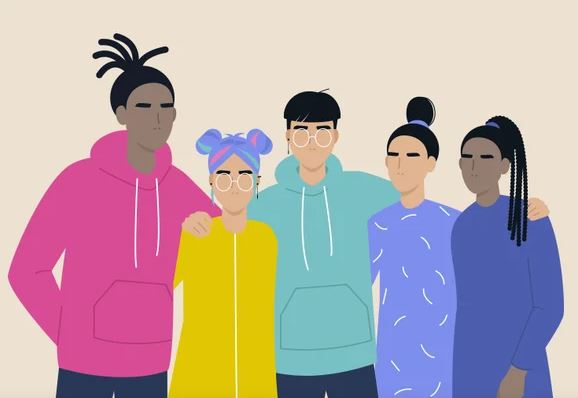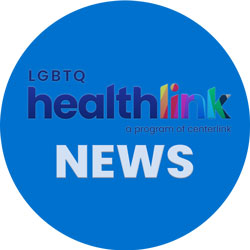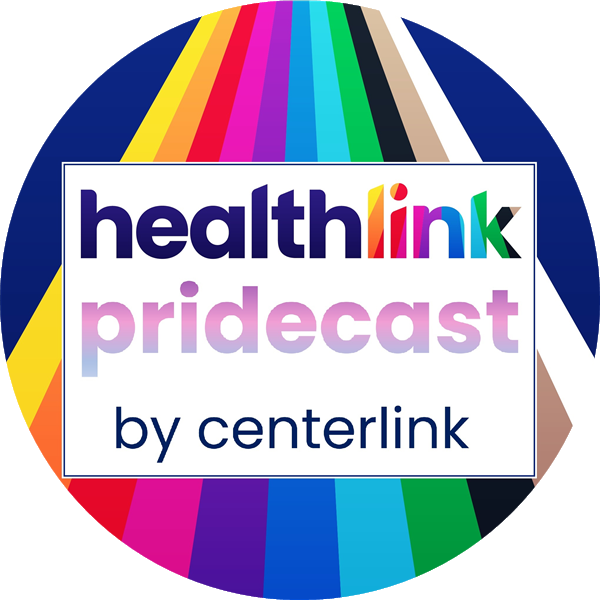Anti-Trans Bills Also Anti-Science

LGBT HealthLink, 4/26/2021
LISTEN to our Weekly Wellness Roundup podcast! Subscribe here: https://bit.ly/LGBTWellnessPodcast or where ever you podcast.
Anti-trans Bills Also Anti-science
Scientific American reported on how bills in Arkansas and nineteen other states seeking to block transgender youth from receiving care run counter to science. They cite research finding that trans-affirming care is not only safe for youth, but also positively affects their mental health.
HIV Vaccine Could Be Closer
Insider reported on how advancements on vaccines for COVID-19 could mean that an HIV vaccine is closer than ever. Scientists have used the new mRNA technique to develop the COVID-19 vaccines after decades of study, and that same method could be used to vaccinate for HIV, a disease that has disproportionately impacted LGBT communities.
College Athletics Lack Inclusive Policies
Gay City News reported on new findings that college athletic policies fall short on LGBT inclusion. Only three percent of NCAA Division 1 schools had “robust” protections, while nine in ten (92%) lacked trans-inclusive policies. Resources for athletes and policies for fans were also found among a minority of programs.
LGBT Training in ER Residencies
Researchers found that 75% of emergency medicine residency programs offered some LGBT health training, with an average of two hours of instruction. They also found that most survey respondents would have preferred more instruction on this topic. Lack of time in the curriculum was the biggest barrier cited for not offering more LGBT health education.
CenterLink launched a new LGBT youth chat platform in Spanish. Q CHAT SPACE, a collaboration with Planned Parenthood and PLFLAG, has helped fill gaps (especially during the pandemic) for youth who need a safe, virtual place to connect. The platform’s Spanish-language launch aims to expand the reach and impact of the program.
HPV Convos Lacking
A study explored how sexual minority men discuss HPV vaccination with their partners, and found that most did not engage in much conversation on the topic – despite higher rates of HPV among queer men than others. They found that the value placed on safer sex conversations and the type of relationship that men were in were important factors for this type of discussion.





